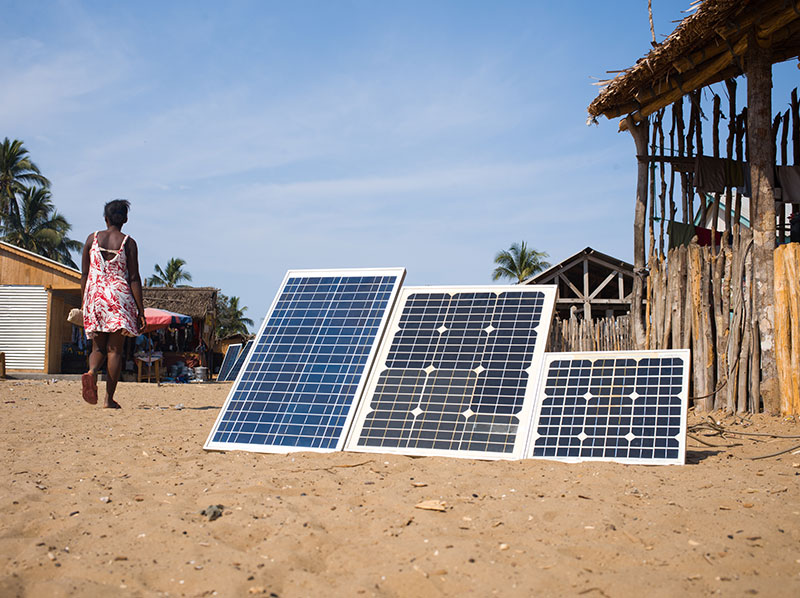
With sufficient investment support, microgrids can earn sufficient revenues from consumers to be commercially viable, according to the article, Can microgrids enable macro development?, published on the Brookings Institution’s blog Future Development.
Energy access is one of the biggest challenges globally, and microgrids have the potential to provide power to millions of people around the world who lack it. However, initial costs of installing a microgrid are high and subsequent customer revenues tend to be low, making microgrids a rather risky investment without initial financial support.
A Mini-Grid Innovation Lab was set up in Nairobi to evaluate various business models and how it would impact communities powered by microgrids. Researchers from Duke University, the University of Massachusetts Amherst, and Carnegie Mellon University partnered with private microgrid developers to set up the lab and have been conducting experiments to assess the economic sustainability of different business models. Two of their experiments achieved positive outcomes and resulted in two key learnings:
- Offer low-cost financing for customers in newly electrified areas to purchase home appliances. One experiment sought to unlock customers’ latent demand for appliances by offering low-cost financing. This led to one in six consumers buying at least one appliance for home or business through the financing scheme. The new appliances led to an increase in electricity consumption and thus, increased average revenue per user for the microgrid developer.
- Subsidise electricity prices. As electricity is relatively new to the community, it is extremely price sensitive. Consumers are more willing to use more electricity if it is made cheaper. According to their research, consumers increased their energy consumption by $0.93 for every dollar subsidised. This suggests that subsidising electricity from microgrids will eventually result in a positive revenue stream.
Other ongoing experiments seek to evaluate the effects of introducing high-speed wireless Internet, as well as proactively connecting customers to the microgrid rather than going through a sign-up process.
The researchers hope that, as more of these experiments successfully demonstrate the economic viability of microgrids, policymakers will be convinced to encourage investment in building the infrastructure required. This, in turn, will support customers previously unable to gain energy access.
For more insight into the potential of microgrids, read the full article, Can microgrids enable macro development?